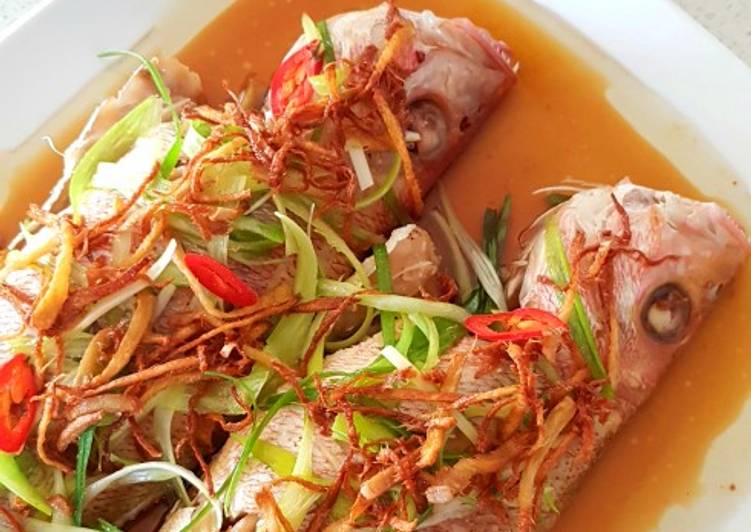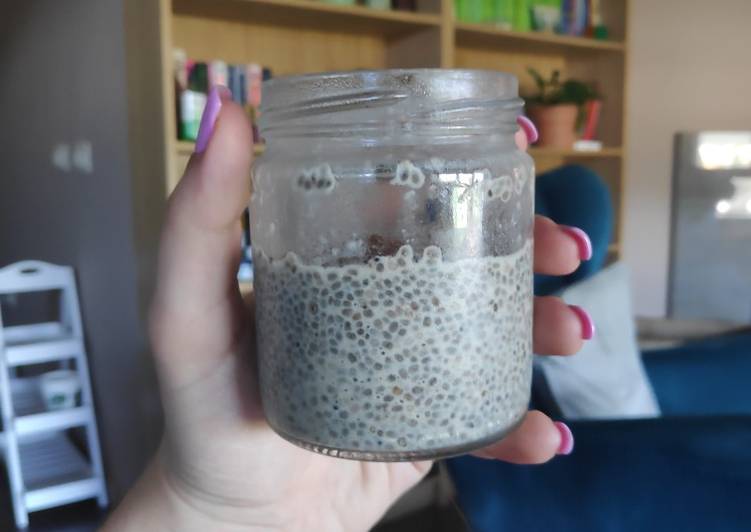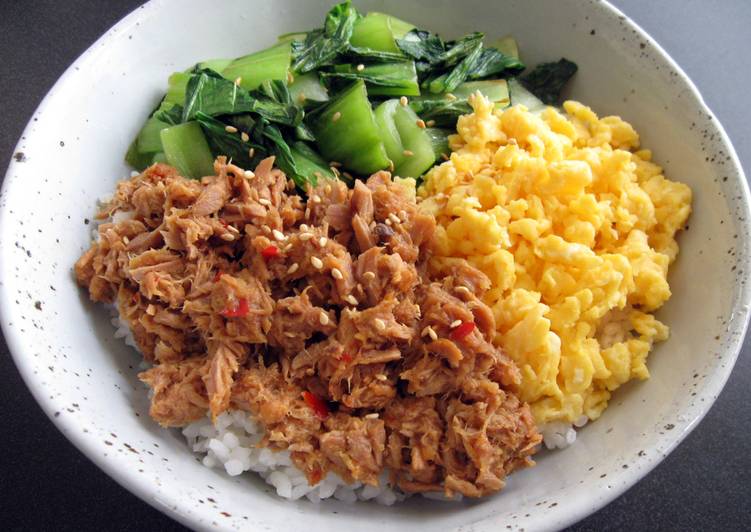
Hello everybody, I hope you are having an amazing day today. Today, I’m gonna show you how to make a distinctive dish, steamed fish. One of my favorites. For mine, I’m gonna make it a little bit unique. This will be really delicious.
Steamed fish is one of the most favored of recent trending meals in the world. It’s easy, it’s quick, it tastes yummy. It is appreciated by millions daily. Steamed fish is something that I’ve loved my entire life. They’re nice and they look fantastic.
Steaming fish fillet instead Instead of steaming the whole fish, you may steam fish fillet which will work the same. I enjoy steaming thick cod fillet which would work well with all steamed fish recipes. I love Chinese-style steamed fish-fresh-from-the-tank live fish steamed with soy sauce and topped with shredded ginger, scallions, and cilantro leaves. To me, nothing tastes as satisfying as steamed.
To begin with this recipe, we have to first prepare a few components. You can have steamed fish using 17 ingredients and 5 steps. Here is how you cook that.
The ingredients needed to make Steamed fish:
- Take a
- Take 1-2 fish - cleaned
- Get 1 tbsp - Sesame oil (or as needed)
- Take 1 tsp Chicken seasoning powder or Salt (or as needed)
- Make ready 2 tbsp Julliened ginger - into fish cavity
- Make ready As needed - Scallions cut long
- Make ready B. Sauce
- Take 1 tbsp light Soy sauce
- Get 1 Tbsp water
- Take 1 tsp chinese rice Wine/shaoxing wine
- Take 1 tsp sesame oil
- Prepare Pinch sugar
- Get Pinch chicken seasoning powder (opt)
- Take c
- Make ready 1/2 C (or as needed) julliened Scallion - white & green part
- Get 1/2 C thinly julliened ginger
- Take 1/3 C cooking oil
Instead of steaming the whole fish, you may use fish fillet which will work just the same. Cantonese steamed fish is often served as one of the courses in a Chinese banquet. Cantonese style steamed fish is a classic and popular dish, a fast and tasty way to prepare white fleshed whole fish or fillet. Steamed fish is a mainstay on most Hong Kong families' dining tables.
Steps to make Steamed fish:
- Dry fish completely and prepare All Ingredients before steaming.
- A - Rub fish with chicken seasoning powder or salt & sesame oil. Stuff ginger into fish cavity. Place cut scallion/green onion on the steaming plate before putting the fish. It holds the fish so it wont stick to the plate and allow the steam to circulate the underside of the fish. Alternatively, chopstick can also be used for this purpose instead of scallions. Once cooked, discard all excess liquid and scallions from the steaming (A MUST). Transfer fish to a larger plate for final garnishing.
- Note: The fish is cooked when the flesh flakes easily. Avoid over cooking the fish as its flesh would turn hard and dry.
- B - prepare B. Mix until sugar dissolved. Set aside. Alternatively, this sauce can also be replaced with store-bought 'Seasoned Soy Sauce' from any Asian shop.
- C - Julliene scallions. Scatter over cooked fish. Then, heat oil in a wok or sauce pan until it’s hot and add finely julliened ginger. Stir until fragrant & ginger is looking crispy. Immediately, drizzle this hot oil and ginger directly onto scallions/fish. Then immediately drizzle B or seasoned soy sauce onto the fish. Serve immediately. Steamed fish is best eaten when it's still hot.
Cantonese style steamed fish is a classic and popular dish, a fast and tasty way to prepare white fleshed whole fish or fillet. Steamed fish is a mainstay on most Hong Kong families' dining tables. In the more extreme cases, some families (including mine) see it as almost a religion or an obsession. Steamed fish is an easy, healthy dish that works well on any dinner table. By starting out with your favorite fish fillets, or even a cleaned and scaled whole fish, and the.
So that is going to wrap this up for this special food steamed fish recipe. Thanks so much for reading. I am confident you will make this at home. There’s gonna be more interesting food in home recipes coming up. Don’t forget to bookmark this page in your browser, and share it to your family, friends and colleague. Thanks again for reading. Go on get cooking!

